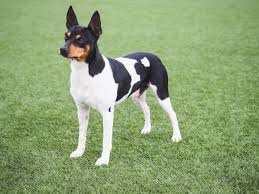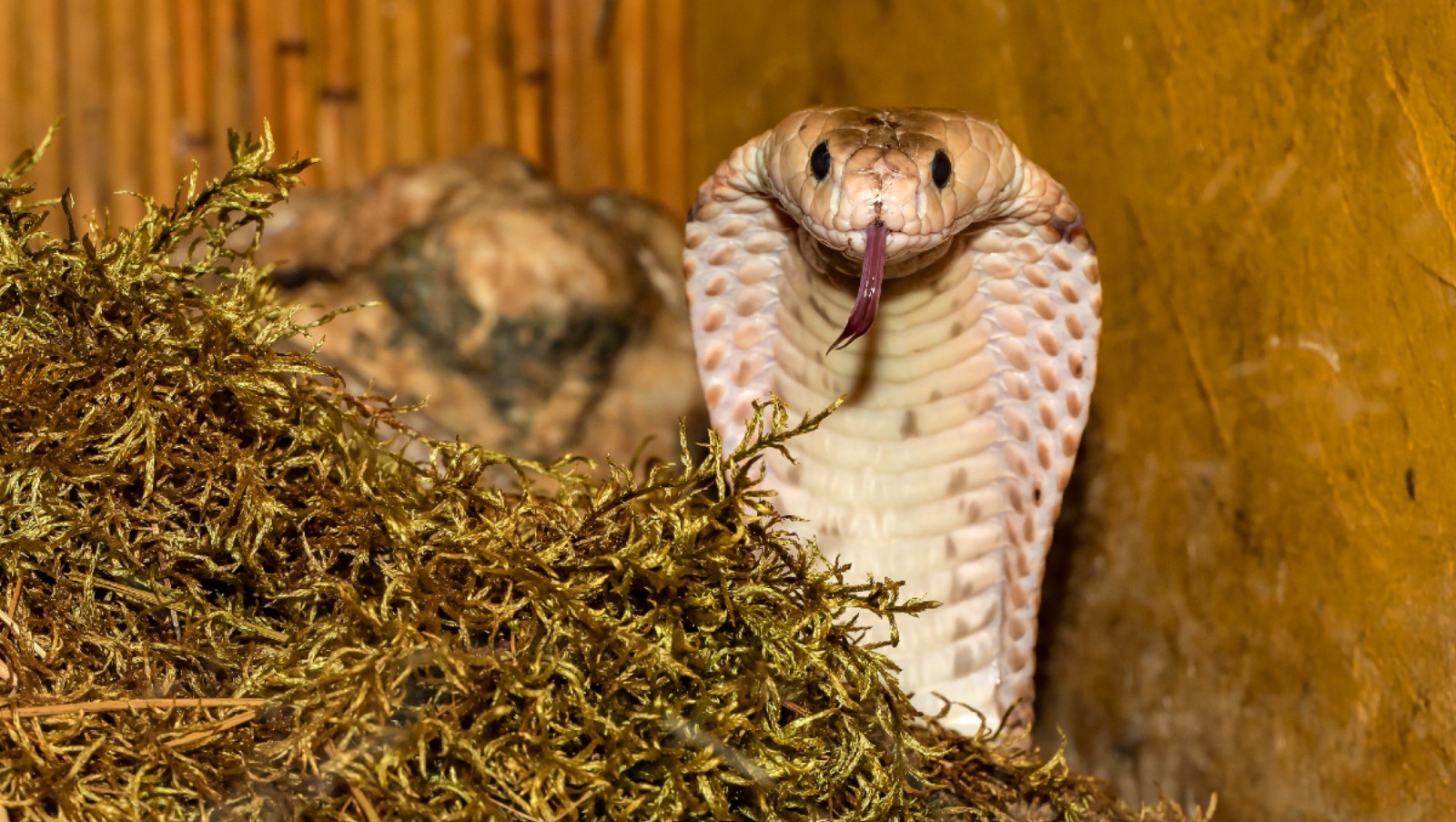
Valencian Terrier
Conditions of detention
Valencian Terriers are adaptable and can thrive in various living environments, from urban apartments to rural homes. They need regular exercise and mental stimulation to stay happy and healthy.
Useful Fact:
These dogs are well-suited for apartment living due to their small size, but they require daily walks and playtime to expend their energy.
Nutrition and diet
A balanced diet rich in high-quality proteins and essential nutrients is crucial for the Valencian Terrier. High-quality commercial dog food or a diet incorporating lean meats, vegetables, and grains is recommended.
Useful Fact:
Feeding them smaller, frequent meals can help prevent digestive issues and maintain their energy levels throughout the day.
Health
Valencian Terriers are generally healthy dogs, but they can be prone to certain genetic conditions such as patellar luxation and dental issues. Regular veterinary check-ups are essential to monitor their health.
Useful Fact:
Maintaining a healthy weight and providing regular dental care can help prevent common health problems in small breeds.
Grooming and care
The Valencian Terrier has a short, smooth coat that requires minimal grooming. Regular brushing helps remove loose hair and keep their coat shiny and healthy.
Useful Fact:
Their coat naturally sheds dirt, making them relatively low-maintenance when it comes to grooming needs.
Education and training
Valencian Terriers are intelligent and eager to please, making them relatively easy to train. They respond well to positive reinforcement and consistency.
Useful Fact:
Early socialization and obedience training are crucial to ensure they develop into well-mannered dogs that are comfortable around people and other animals.
Toys and entertainment
These dogs enjoy toys that challenge their minds and bodies, such as puzzle toys, fetch toys, and interactive games. Engaging in activities like agility training can be very stimulating for them.
Useful Fact:
Providing a variety of toys and regular playtime helps keep them mentally and physically active, preventing boredom and destructive behavior.
Safety
Due to their small size and curiosity, Valencian Terriers should be supervised when playing with larger dogs and protected from high places they could fall from.
Useful Fact:
Supervision during outdoor activities ensures their safety and prevents accidents, especially in environments where they might chase small animals.
Accessories
Sturdy collars, harnesses, and leashes are important for managing the Valencian Terrier during training and outdoor activities.
Useful Fact:
Using a harness instead of a collar can prevent neck strain, especially during walks and outdoor adventures.
Socialization
Valencian Terriers are friendly and social dogs, but early and consistent socialization is important to ensure they are comfortable in various environments and around different people and animals.
Useful Fact:
Introducing them to a variety of experiences from a young age helps them become well-adjusted and confident adults.
Travel and Transportation
Valencian Terriers can travel well if they are accustomed to it from a young age. Ensuring they have a comfortable and secure space in the vehicle is important.
Useful Fact:
Using a travel crate or a harness designed for car travel ensures their safety and comfort during trips.
Behavior and psychology
The Valencian Terrier is known for its lively, intelligent, and affectionate nature. They form strong bonds with their families and are naturally social dogs.
Useful Fact:
Understanding their energetic and inquisitive nature and providing proper training helps manage their behavior and ensures they are happy and well-behaved companions.
Legal aspects
Owners should comply with general dog ownership laws, such as licensing, vaccination requirements, and leash laws.
Useful Fact:
Keeping up with legal aspects ensures that Valencian Terriers are well-integrated into their communities and safeguards their health and well-being.


